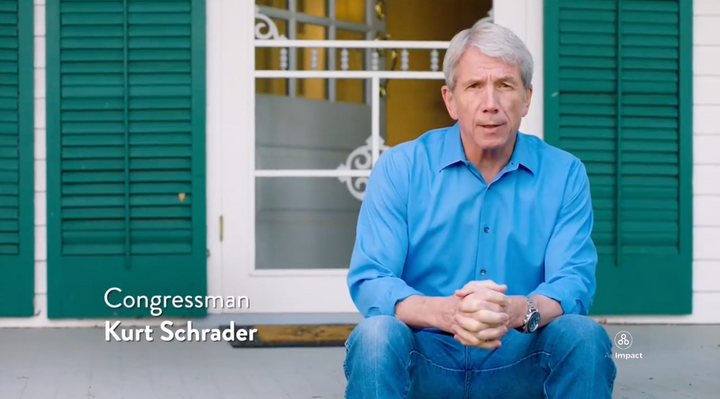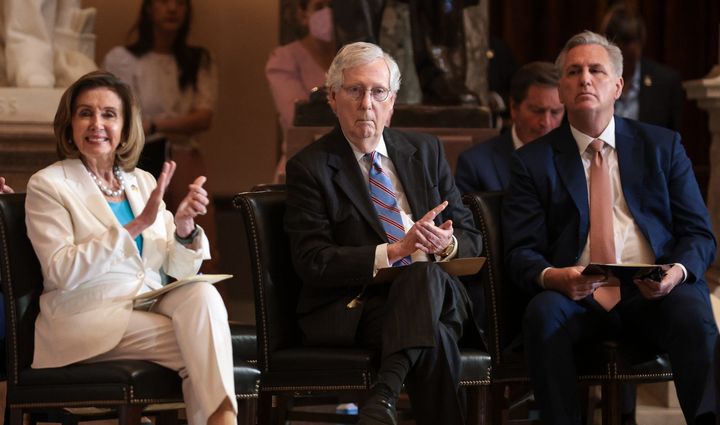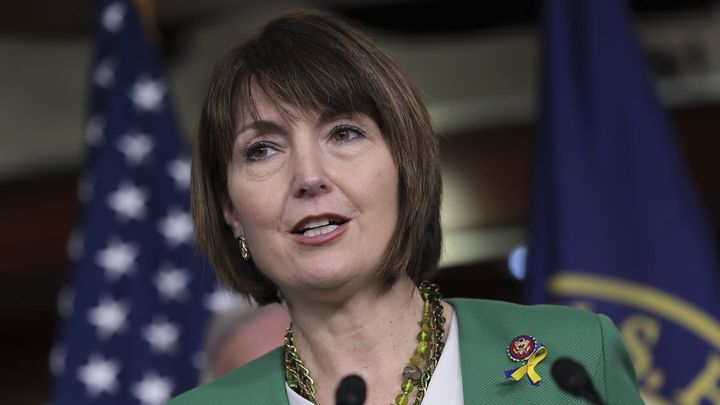Facing a close Democratic primary contest, Rep. Kurt Schrader is out with a new campaign ad saying he opposes the Citizens United decision that allows corporations and other kinds of organizations to spend unlimited amounts of money on elections.
“The Supreme Court enabled billionaires and special interests to spend millions to stop legislation on everything from climate change to making them pay their fair share,” Schrader says in the ad. “That’s why I sponsored a constitutional amendment to repeal Citizens United and stop unlimited contributions to campaigns and curb the power of rich elites trying to buy our elections.”
Records from the FEC show, however, that Schrader has personally helped to fund the kind of Big Money groups that Citizens United spawned.
Schrader has been the treasurer of the Blue Dog PAC since 2016, and during that period the PAC has contributed $750,000 to Center Forward Committee, a super PAC that is now backing Schrader’s campaign. PAC treasurers are responsible for authorizing expenditures or appointing someone else to do so, according to FEC guidance. The Center Forward Committee has spent at least $385,000 on ads promoting Schrader so far this year.
Super PACs like Center Forward Committee that can raise and spend unlimited amounts on elections as long as they are independent from campaigns are allowed to exist because of a 2010 lower court ruling, SpeechNow v FEC, that used Citizens United as a precedent to determine that applying contribution limits to such groups would be unconstitutional.
In Oregon’s Fifth Congressional District, the seventh-term Schrader is in what one poll showed to be a neck-and-neck primary race with Jamie McLeod-Skinner, an emergency response coordinator and attorney.
Schrader’s ad mentions a constitutional amendment he sponsored to effectively overturn the Supreme Court’s Citizens United decision by declaring that Congress has the power to limit political contributions. He first introduced the amendment in 2010 in response to the ruling, and he has reintroduced it in every session of Congress since. The recent iterations of Schrader’s amendment have not received any cosponsors, likely because scores of House Democrats have chosen to sign on instead to a similar amendment that is proposed each session by Rep. Ted Deutch of Florida. Schrader has joined Deutch’s amendment as a co-sponsor since March 2013, but has continued filing his own version as well.



